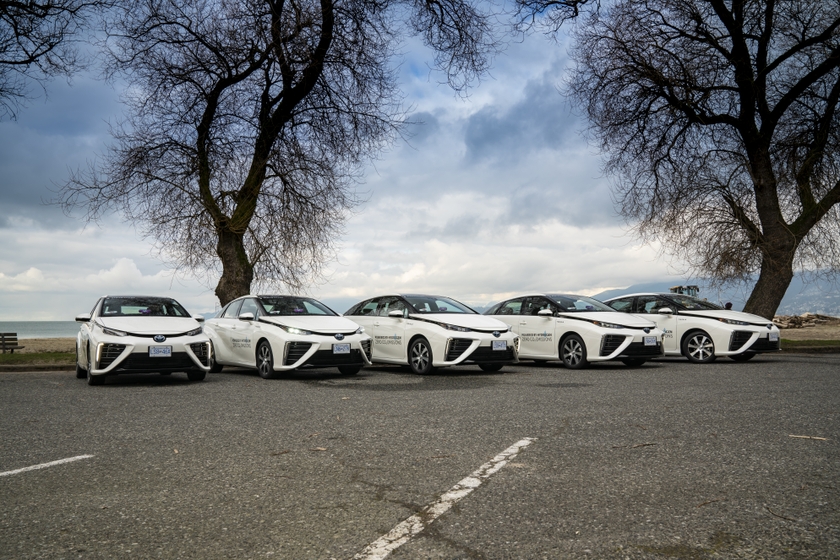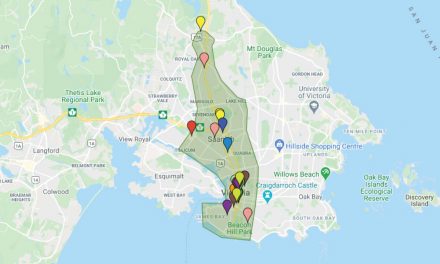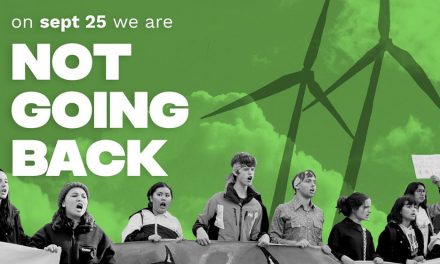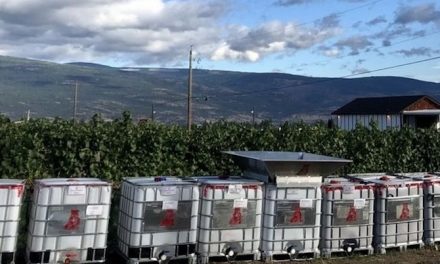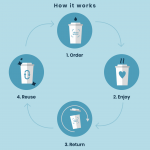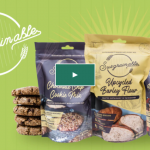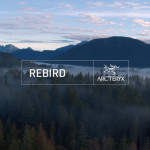Lyft Canada and Toyota Canada, in partnership with Toyota Credit Canada, announced a partnership on February 10, 2021 offering drivers on the Lyft platform in Metro Vancouver the opportunity to rent a hydrogen-powered zero-emission vehicle through Toyota’s new KINTO Share program. The collaboration will help contribute to provincial and federal hydrogen goals, while reducing carbon emissions and creating more awareness of hydrogen fuel cell electric vehicle technology.
“Lyft’s mission is to improve people’s lives with the world’s best transportation, and to achieve this, we need to make transportation more sustainable,” said Peter Lukomskyj, General Manager, Lyft in B.C. “This partnership will better serve current drivers and those who don’t have a vehicle but want to drive with Lyft for supplemental income, while moving us toward our goal of reaching 100% electric vehicles on the platform by 2030.”
“Toyota’s KINTO Share program is proud to partner with Lyft to demonstrate a zero-emission mobility-as-a-service model in another important step toward achieving our global sustainability objectives,” said Mitchell Foreman, Director of Advanced and Connected Technologies at Toyota Canada. “This proof-of-concept project also allows more Canadians to experience hydrogen fuel cell electric vehicles first-hand, demonstrating their viability and efficiency, especially for fleets.”
Through the partnership, eligible drivers on the Lyft platform can access a Toyota Mirai sedan through the KINTO Share Canada app and pick it up at one of three Toyota dealerships across the Lower Mainland. The weekly rental rate is $198 per week + taxes and fees, and includes insurance, scheduled maintenance and unlimited kilometres*.
The Toyota Mirai is the world’s first mass production hydrogen fuel cell electric vehicle. One of many components of Toyota’s overall carbon reduction strategy, the hydrogen-powered, zero-emission Mirai fuels in approximately five minutes, offers up to 500km of range and emits only water from its tailpipe. As a zero-emission vehicle, it’s also eligible to use BC’s HOV lanes.
Recently, Canada’s federal government released its Hydrogen Strategy for Canada, setting an ambitious framework to make Canada a global hydrogen leader. Additionally, British Columbia promoted hydrogen in the 2018 CleanBC plan and the 2019 Hydrogen Study, with an emphasis on transportation fuels including fuel-cell electric and other zero-emissions vehicles.
“Reducing emissions from transportation is a critical part of our plan to create a cleaner, healthier future for our children and grandchildren,” said The Honourable Jonathan Wilkinson, Minister of Environment and Climate Change, P.C. M.P. “The Government of Canada is pleased to see collaborations like this one between Lyft Canada and Toyota Canada, which will not only benefit our environment, but also help position Canada as a world leader in the uptake of hydrogen technologies.”
“Hydrogen will play a significant role in B.C.’s clean energy future, generating environmental and economic benefits across the province,” said Bruce Ralston, Minister of Energy, Mines and Low Carbon Innovation. “This new partnership will help demonstrate these benefits, move us toward our CleanBC goals and put B.C. on the road to a clean energy future.”
“Hydrogen BC is about collaboration with the private and public sectors to accelerate our transition to a new zero emission paradigm,” said Colin Armstrong, Chair of Hydrogen BC and CEO of HTEC. “This collaboration is a market changing event that will rapidly increase the amount of hydrogen and fuel cell electric vehicles in operation. The KINTO Share program will also allow vast numbers of people to experience these vehicles first hand.”

